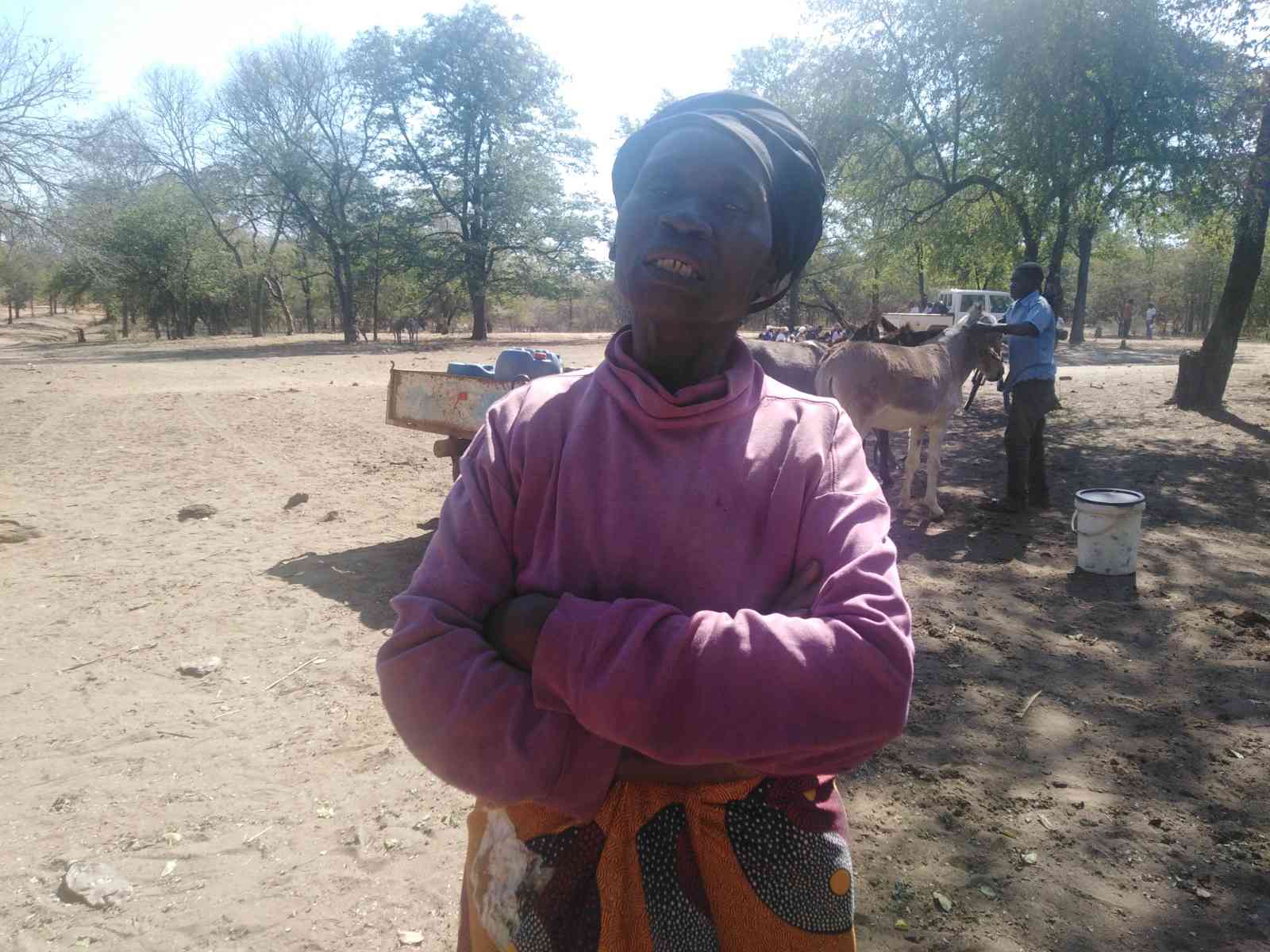
Forty-six-year-old Siboni Sairayi, a mother of five, who lives in Shumba village in Mwenezi ward 14, is one of the myriad of women in the district who bear the brunt of a water crisis.
Mwenezi district is located in agro-ecological region IV, with an average rainfall of 540mm per annum and high temperatures above 25°C in the summer season.
The perennial water problems affect Sairayi and other women directly as they burden them with the additional tasks of fetching water from distant places.
“We wake up early every morning with my daughters to go and fetch water at a local borehole,” she told The Standard.
“Normally, we come back after three hours and the girls have to prepare to go to school and in most cases they would be tired.”
Recurring cycles of droughts, sometimes followed by floods, accentuate water scarcity and imbalances across the country, a sad development that has a negative bearing on the lives of women and children.
The uneven distribution of water resources — the result of erratic rainfall and varying climate — has stratified the country into areas of plenty water resources and areas of extreme water scarcity and stress.

- Chamisa under fire over US$120K donation
- Mavhunga puts DeMbare into Chibuku quarterfinals
- Pension funds bet on Cabora Bassa oilfields
- Councils defy govt fire tender directive
Keep Reading
Provinces such as Midlands, parts of Mashonaland and Manicaland have abundant water resources while the Matabeleland region; the south-western parts of Masvingo province as well as areas along the Zambezi Valley suffer chronic shortages, with erratic rainfall.
According to a recent report from Unicef and the World Health Organisation, 2,1 billion people around the world have no access to clean and safe water.
And the task of providing water for households falls disproportionately to women and girls, especially in rural areas.
A United Nations survey of 177 countries pointed out that women spend an estimated 40 billion hours in a year collecting water, which has incapacitated their efforts to engage in other productive and reproductive activities.
Sairayi said the water problems bedevilling their area were caused by a shortage of boreholes in the village.
In a situation where the only borehole in the village breaks down, they are compelled to travel to other villages to fetch the elusive commodity.
“We have serious water problems here because we have one borehole that serves about five villages and when a fault develops, we have no choice, but to go to the next village,” she said.
Sairayi said most women and children in their village carry the burden of fetching water while men engage in other duties.
In some parts of the district, the situation is dire, with most families fetching water from unprotected sources.
In Utsanana village in ward 8, most families resort to water drawn from river beds — these sources, which are called mufuku in community lingo, have over the years been the panacea to the communities’ water woes.
“We suffer persistent water shortages because we have one borehole serving the whole community,” said Vimbai Fereya (38).
“We have to dig shallow wells along the beds of Dinhe River to get water for domestic use.”
Fereya confirmed that in most cases, women and children carry the responsibility of digging these wells and fetching water.
Only two in every five people in the Sadc region have access to safe water for drinking and household use.
Seventy-five percent of those lacking access live in rural areas and the majority of them are women and children.
“We are working with communities and various partners to ensure that villagers have safe and potable water,” said Rural Infrastructure Development Agency’s Mwenezi district water technician Collen Mbelachi.
“As a government agency mandated for rural development, we are making sure that we increase the number of boreholes in the community and we are doing that with a number of partners.”
Mbelachi said the fact that Mwenezi district is in one of the driest regions in the country makes the water situation direr.
Gogo Ellen Shonhai, who is part of the water point committee in Mutsamba village in ward 14, said her legs can no longer carry her to fetch water outside her village.
“When the local borehole has a breakdown, we are forced to fetch water from Goroni River, several kilometres away and due to my advanced age I can’t make it,” Shonhai said.
“Our challenge is that our livestock drink water from this borehole.
“We are appealing for cattle troughs, fencing material and solar to power our borehole as us the old are finding it difficult to use the manual system.”
In the wake of such water challenges, the Zimbabwe Red Cross Society (ZRCS) under the Zero Hunger programme is rehabilitating boreholes including solarisation of some of the infrastructure.
The Zero Hunger programme, which is being supported by the International Federation of Red Cross, is aimed at alleviating the impact of food insecurity on vulnerable populations and help communities to become resilient through various interventions.
“The programme is anchored on three pillars; food security and livelihoods where we have been giving direct cash assistance through a money transfer of US$13 per person — up to five family members,” said ZRCS secretary-general Elias Hwenga.
“On the water, sanitation and hygiene pillar we are ensuring that community-managed WASH services are provided to the target population to reduce health risks and improve food security and livelihoods.
“We are now repairing and rehabilitating 15 boreholes, including solarisation of some of this infrastructure in three wards.”
Sixty-two-year-old John Chitoro, who is the head of Chitoro village, acknowledged that a large chunk of the population in Mwenezi district without access to safe water is made up of women and children.
“We hear that Red Cross is coming to rehabilitate and solarise our borehole and that is commendable,” Chitoro said.
“We are seeing our women and children suffer as they fetch water and we believe this infrastructural development will also help prevent water-borne diseases.”











